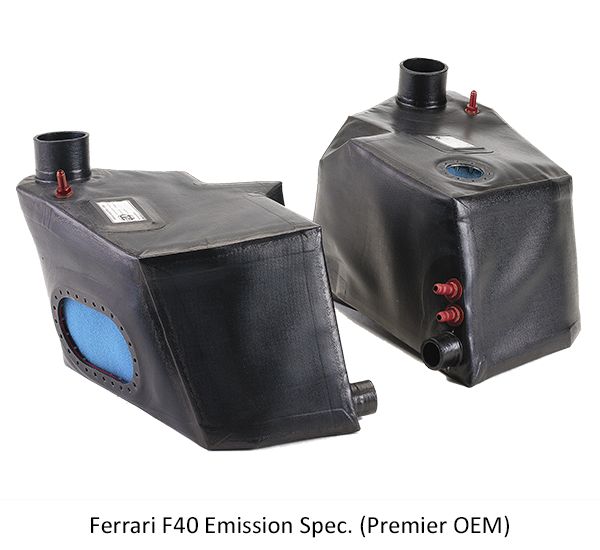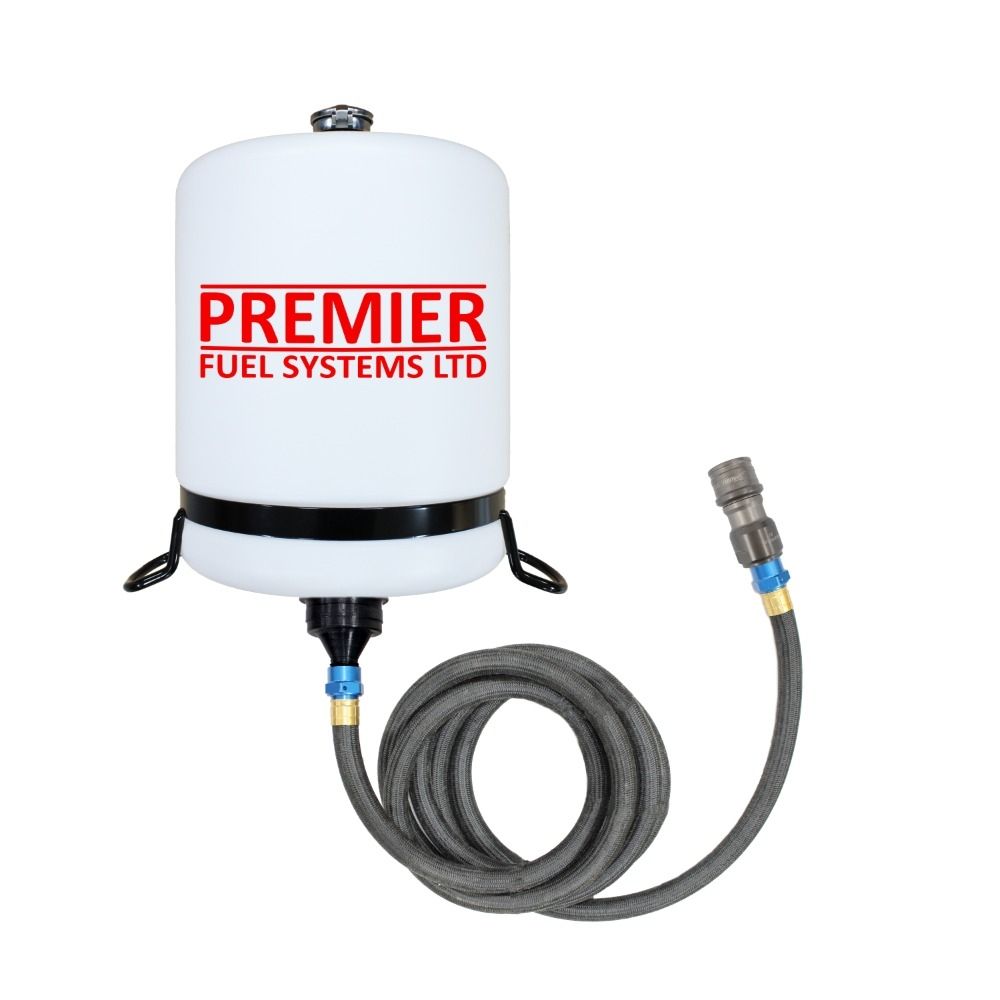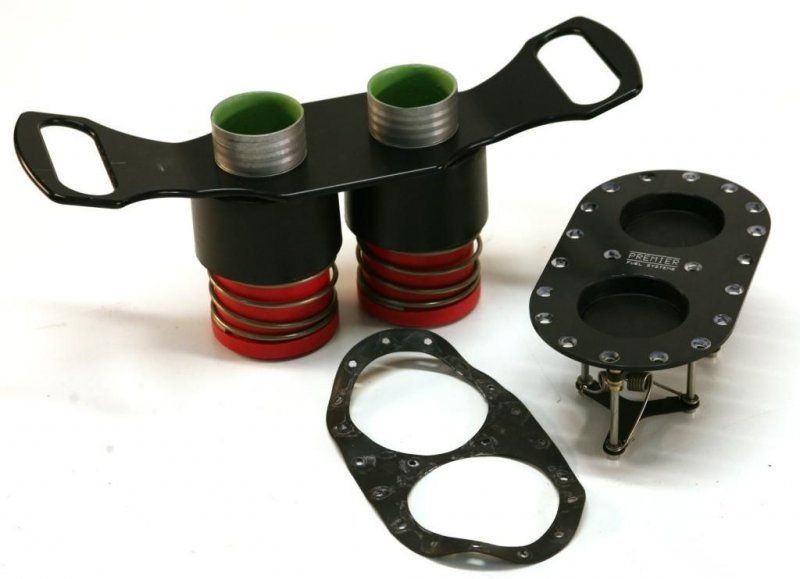PREMIER
Premier, a company based in the United Kingdom, carries out the design and manufacture of fuel tanks homologated according FIA FT3. Is also involved in production and distribution of material for refueling.

GUIDELINES FOR RECERTIFICATION OF FUEL BLADDER
When shipping fuel bladders to Premier for service, repair, modification or re-certification, please adhere to the following guidelines:
- Please completely drain the fuel bladder of all fuel.....Note: Failure to do this will result in an extra fee
- Remove all plates and internal foam baffling (Caution: The internal foam will hold approximately 2% of the fuel capacity within its pores, therefore, please handle and store with care). When removing foam from a ‘shaped’ fuel bladder, try and position the foam in the correct order in which it was removed this could save a lot of confusion on its re-installation.
- The internal foam does not need to be returned to Premier. (Note: 3. Is not applicable to Cupra TCR Bladders as the foam is laminated to the bladder and should not be removed.)
- Internally rinse the fuel bladder with water (Note: Do Not use water if the internal foam cannot be fully removed).
- Please place the fuel bladder in a sealed plastic bag and package it into a protective cardboard box (Note: In most instances, courier companies will not take these packages if they detect a smell of fuel). IT IS THE SENDER’S RESPONSIBILITY TO COMPLY WITH ANY LEGISLATION AND LABELLING OF THE GOODS AS HAZARDOUS IF NECESSARY.
- For fuel bladder re-certification, the FIA has stipulated that all bladders shall not be used for more than 5 years after the date of manufacture (not when the bladder is first used!) After this 5-year period, the bladder can then be returned to the manufacturer who can then pressure test and inspect the bladder. If the bladder is deemed to be acceptable for further use, the manufacturer will then re-certify and extend the life of the fuel bladder for a supplementary period of up to another 2 years, giving a maximum life span of 7 years from the date of manufacture.


